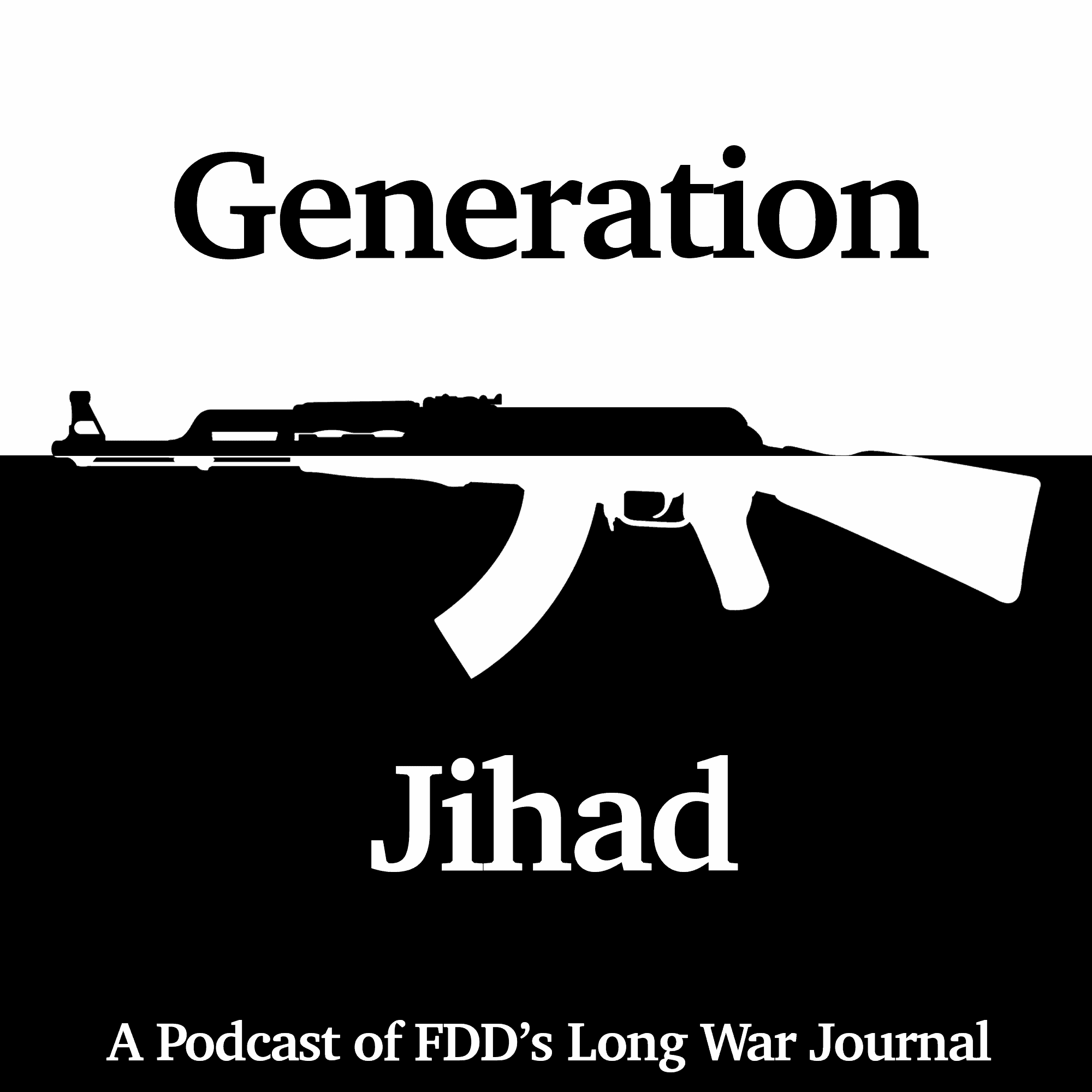
Generation Jihad Ep. 7 – Jihad in the Time of Coronavirus
Daveed Gartenstein-Ross joins hosts Bill Roggio and Tom Joscelyn to discuss how jihadists are adapting to the coronavirus pandemic.

Daveed Gartenstein-Ross joins hosts Bill Roggio and Tom Joscelyn to discuss how jihadists are adapting to the coronavirus pandemic.
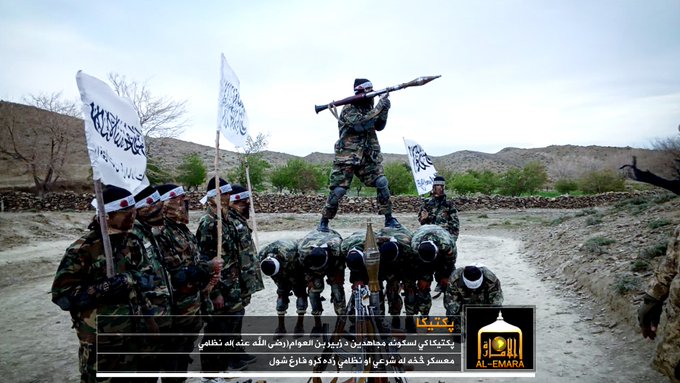
According to UNAMA, civilian casualties decreased during the first quarter of the year, as compared to similar timeframes in previous years. However, there was a “disturbing increase in violence” in Afghanistan following the U.S. agreement with the Taliban on Feb. 29. And the Taliban is the prime culprit with respect to civilian casualties.
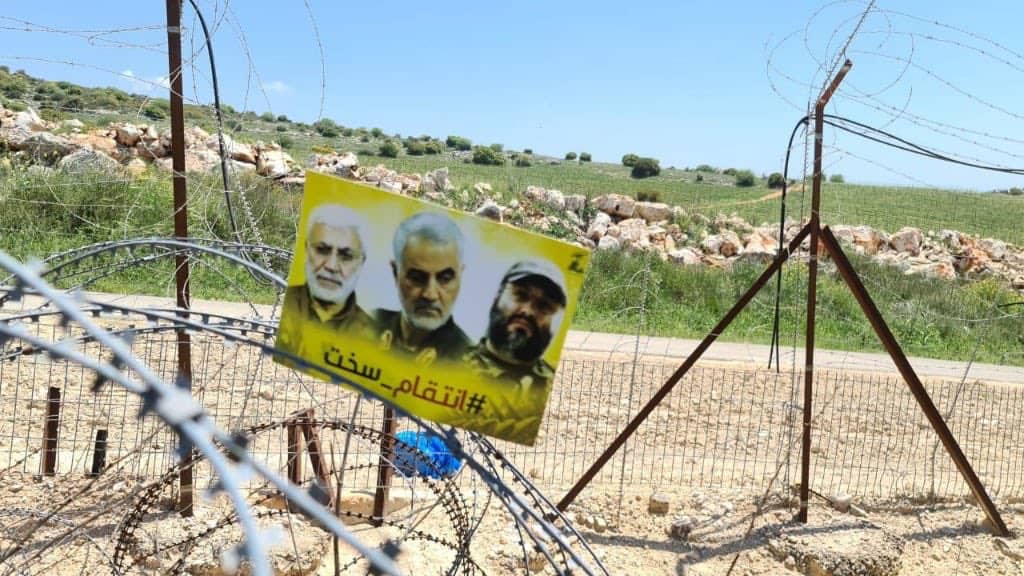
Israel and Hezbollah attempt to maintain the status quo that has kept them from conflict despite recent military activity between the two.
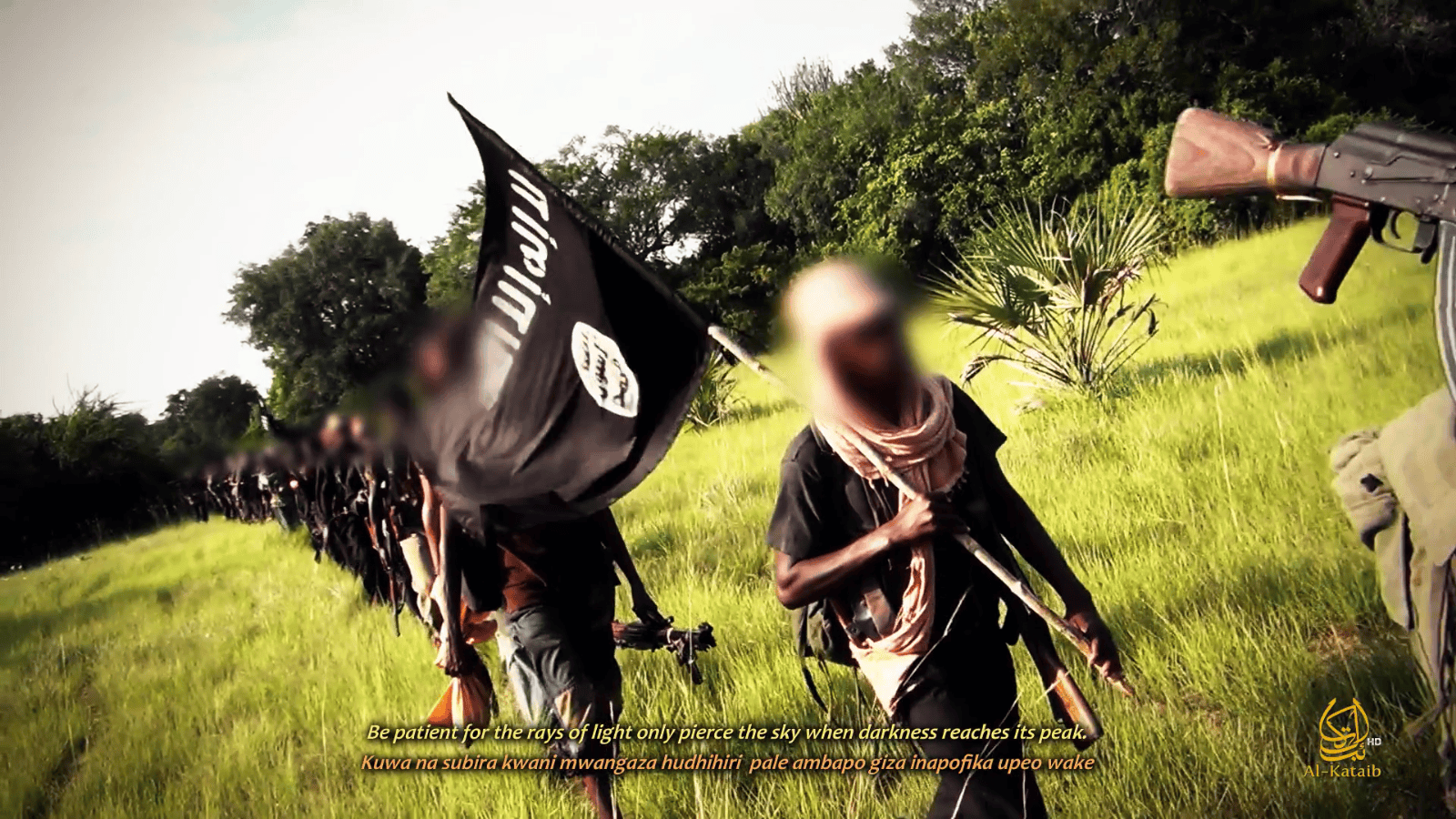
The Al Qaeda branch claims its men enacted “heavy losses” to AMISOM and Kenyan troops in southern Somalia. African Union troops and the Somali government have stated otherwise, however.
As the U.S. is relying on the Taliban to keep Afghanistan from being a haven for terrorists in the wake of an agreement between the two parties, the Taliban lauds Mullah Omar’s defense of Osama bin Laden after Al Qaeda’s attack on the U.S. on Sept. 11, 2001.
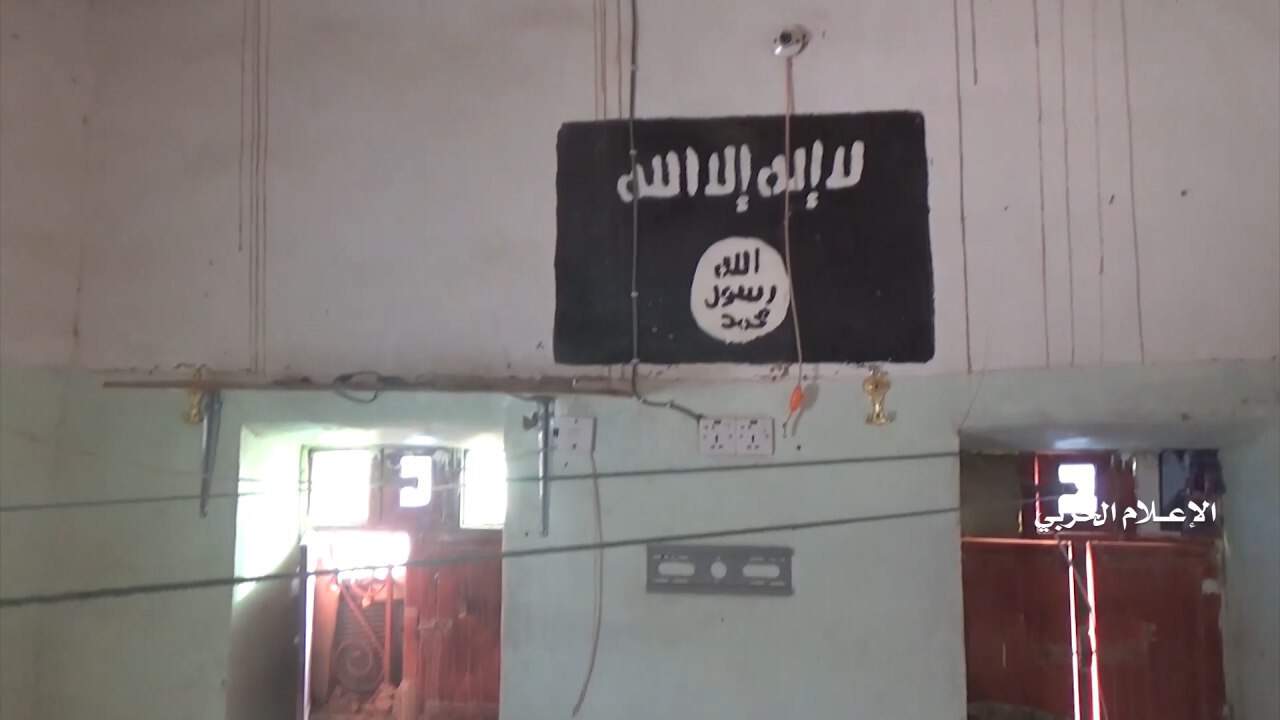
Houthis report to have captured an al Qaeda base in one of its historical strongholds in the country. No independent verification of this event, however, has yet been reported.

Hosts Bill Roggio and Tom Joscelyn discuss Hezbollah’s influence in Iraq and the State Department’s decision to offer a $10 million reward for information concerning the group’s main man in the country.
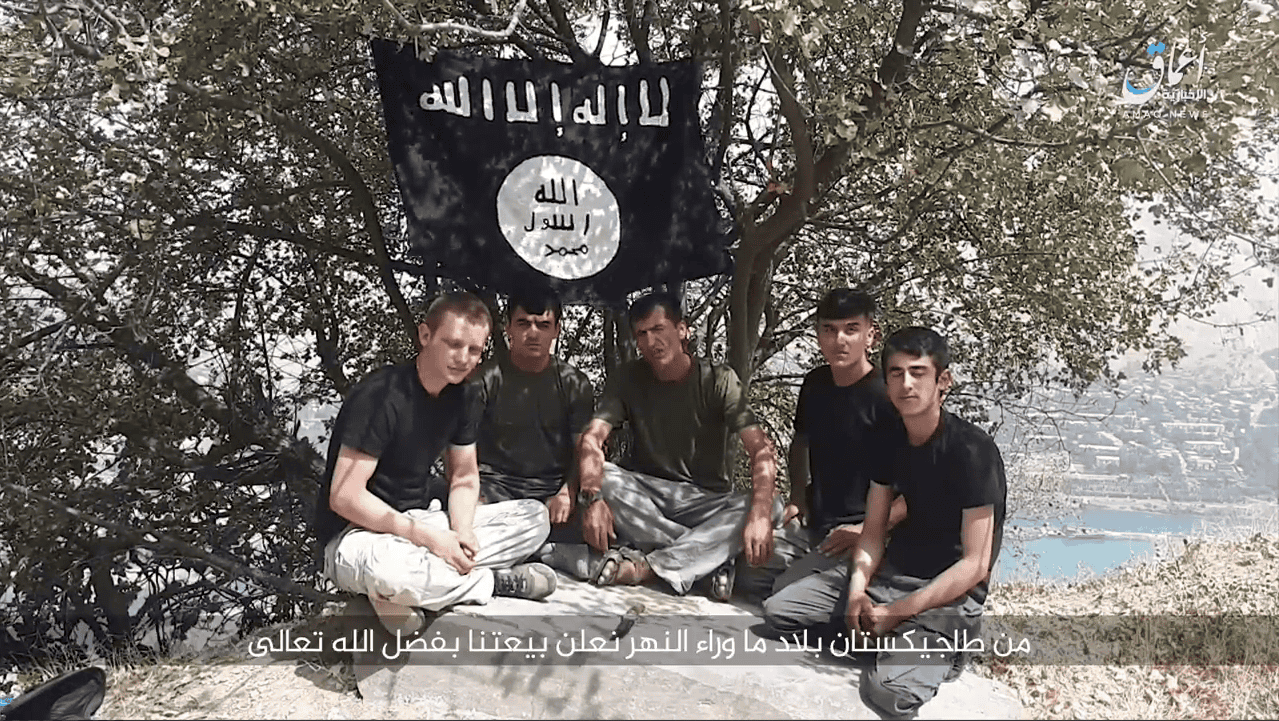
German prosecutors announced last week that four alleged ISIS members were arrested and charged with planning attacks against U.S. military facilities. The four are from Tajikistan, a Central Asian country ISIS has long targeted for its recruiting efforts.
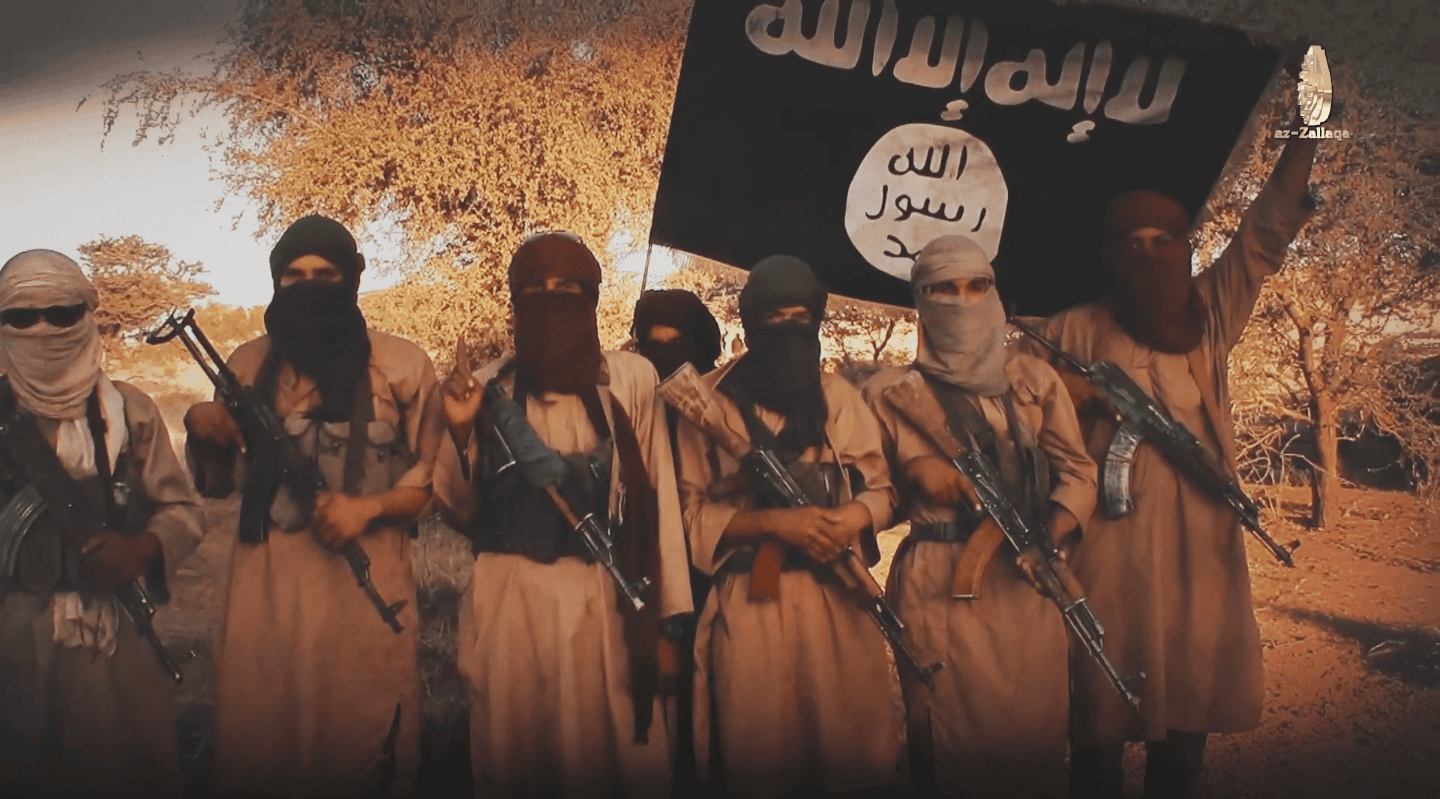
The two jihadist groups continue their rampage in Mali, Niger, and Burkina Faso.

A recent series of incidents between Israel and Hezbollah has increased the likelihood of renewed conflict between the two foes.

The Islamic State in Syria has drawn on Maldivian jihadists since 2014, now it seems the group’s violence has spread back to the island nation.
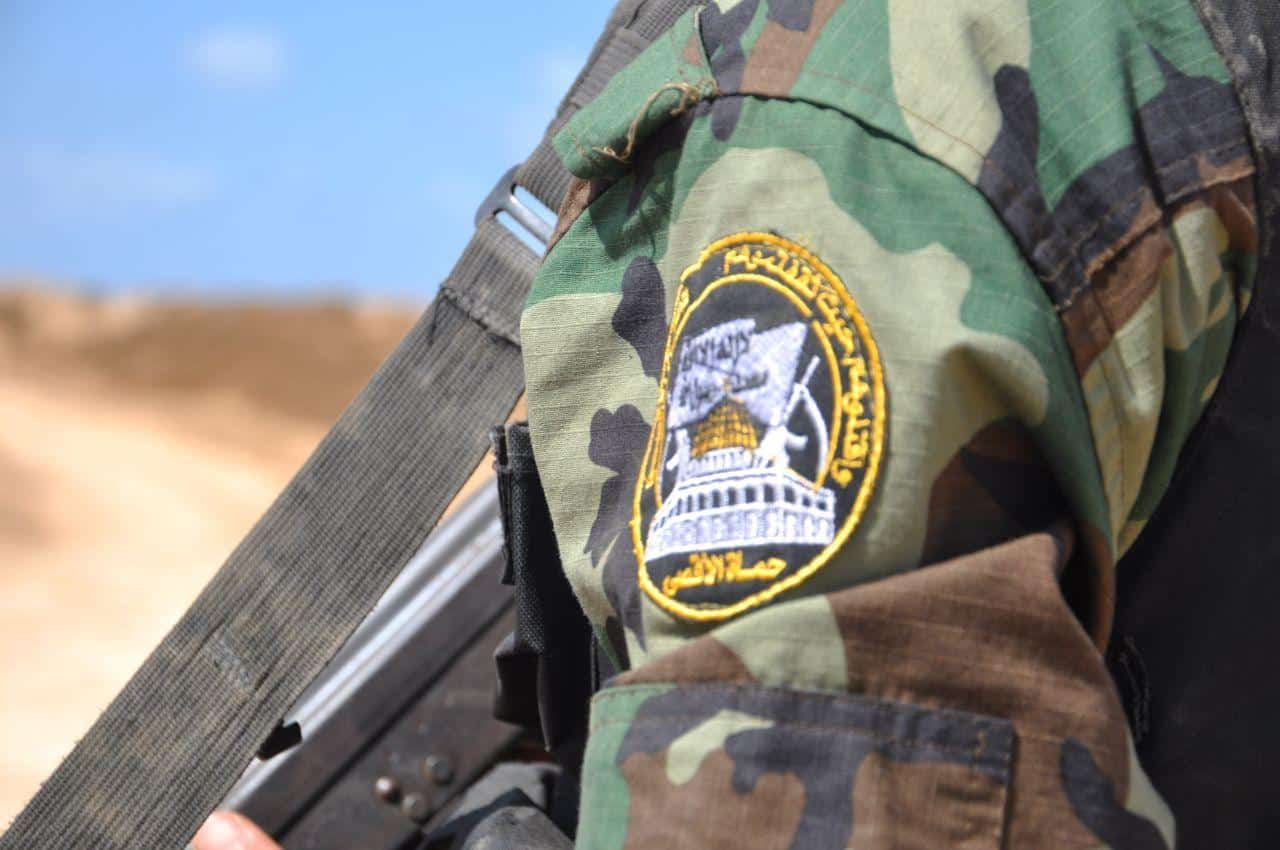
Suspected of being established and funded by a senior Hamas leader, Humat al Aqsa acts as a proxy for Hamas to conduct military operations against Israel.

Hosts Tom Joscelyn and Bill Roggio discuss how the Daniel Pearl affair highlights deeper problems within Pakistan. After all, FDD’s Long War Journal is banned in Pakistan, while many jihadists are not.

The Movement of the Taliban in Pakistan highlights the often overlooked relationship between the Afghan Taliban, its Pakistani brothers, and al Qaeda, and Pakistan’s complicity in propping up terror networks.

Hezbollah operates closely in Iraq alongside Iran’s Islamic Revolutionary Guards Corps to prop up and support Shia militias hostile to the U.S. and the West. Muhammad Kawtharani has played a key role in Hezbollah’s operations.
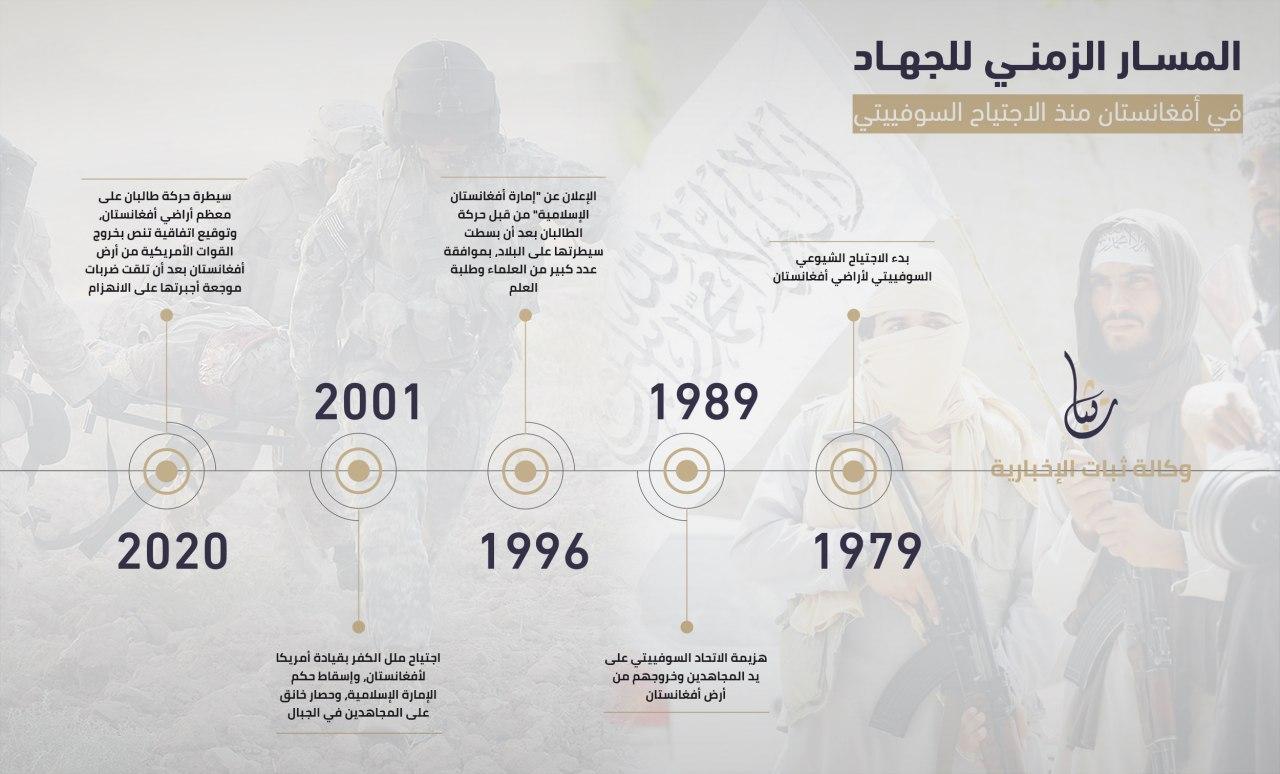
Thabat, an al-Qaeda-affiliated media outfit, has released a series of infographics that are intended to highlight the group’s global reach and resiliency. The images trumpet a large number of purported attacks in Afghanistan, as well as America’s withdrawal from the country.

The Iranian proxy group continues its surveillance of US troops in Iraq.

The group celebrates a March 2014 bombing which killed two Bahraini and one Emirati policemen.
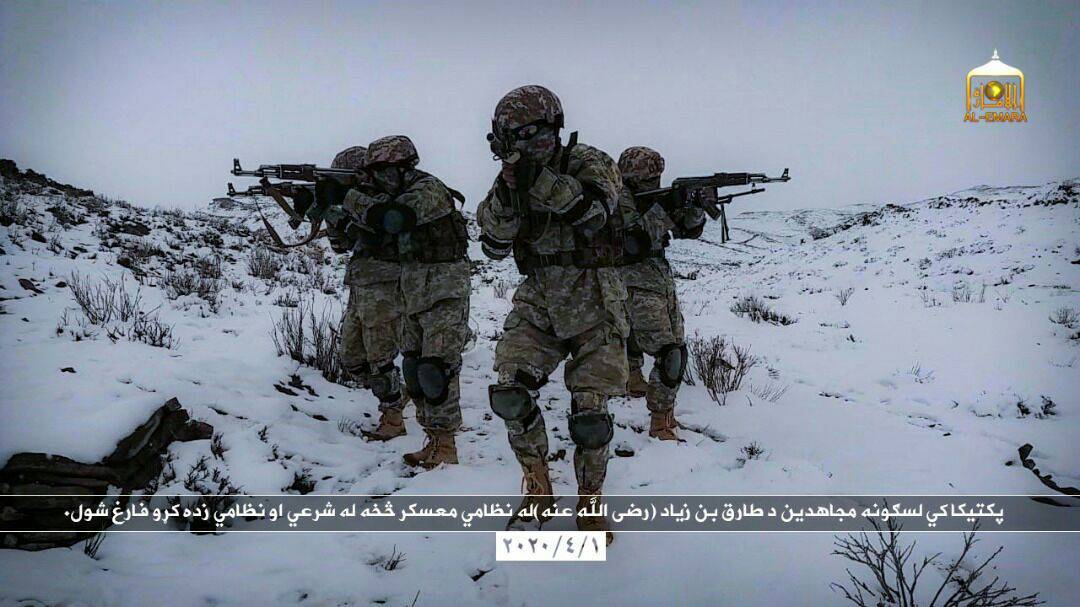
The Taliban again highlighted the Red Unit, the group’s special operations unit that spearheads its assaults throughout Afghanistan.
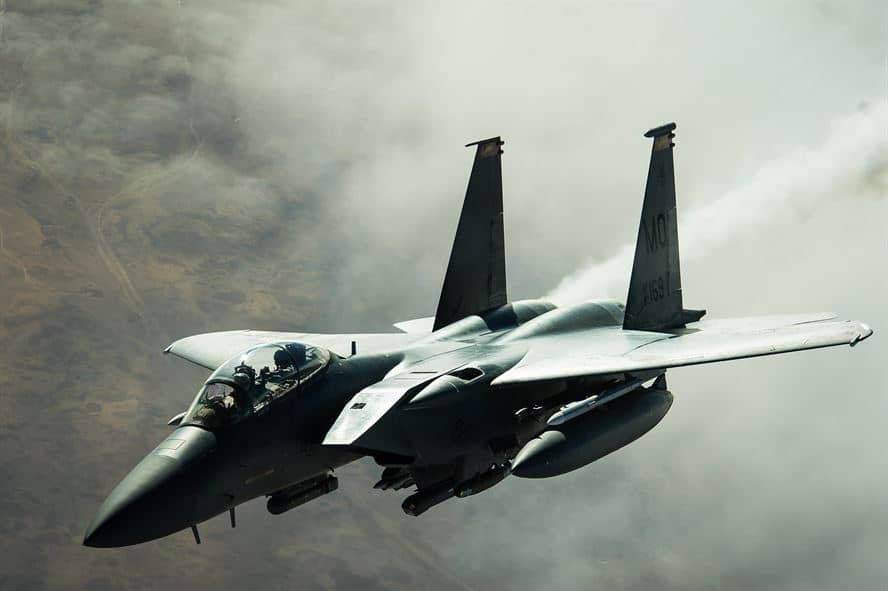
AFRICOM has stepped up its air campaign against Shabaab since the beginning of the year, targeting the group 33 times.

Hosts Tom Joscelyn and Bill Roggio discuss the rise of ISIS and how the idea of building a caliphate in Iraq evolved over time. Bill witnessed the jihadists’ earliest state-building efforts during multiple embeds in Iraq.

Throughout its statements, the front group has made threatening the U.S. embassy one of its main talking points.

As U.S. Secretary of State Mike Pompeo calls for the Taliban to honor a non-existent commitment to “reduce violence,” the Taliban continues to train for war.